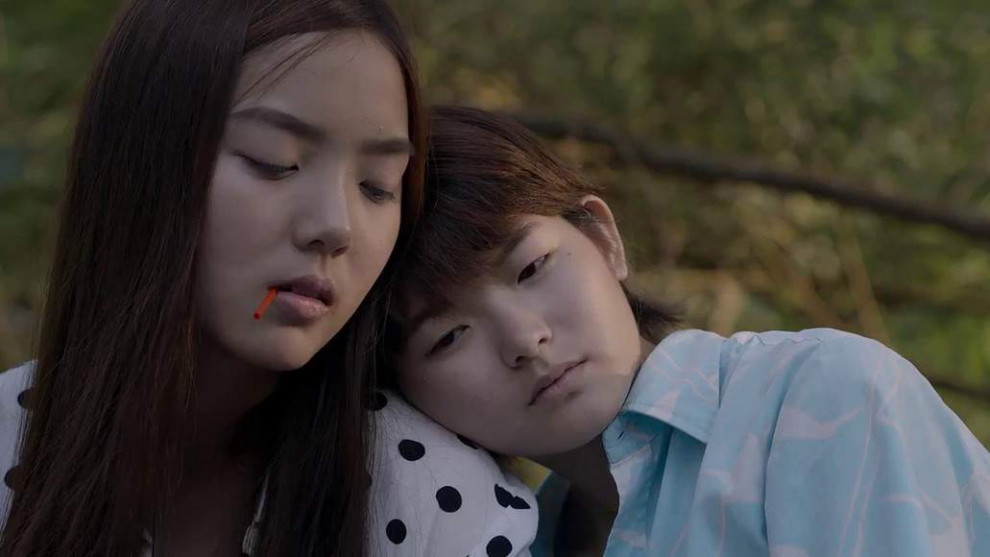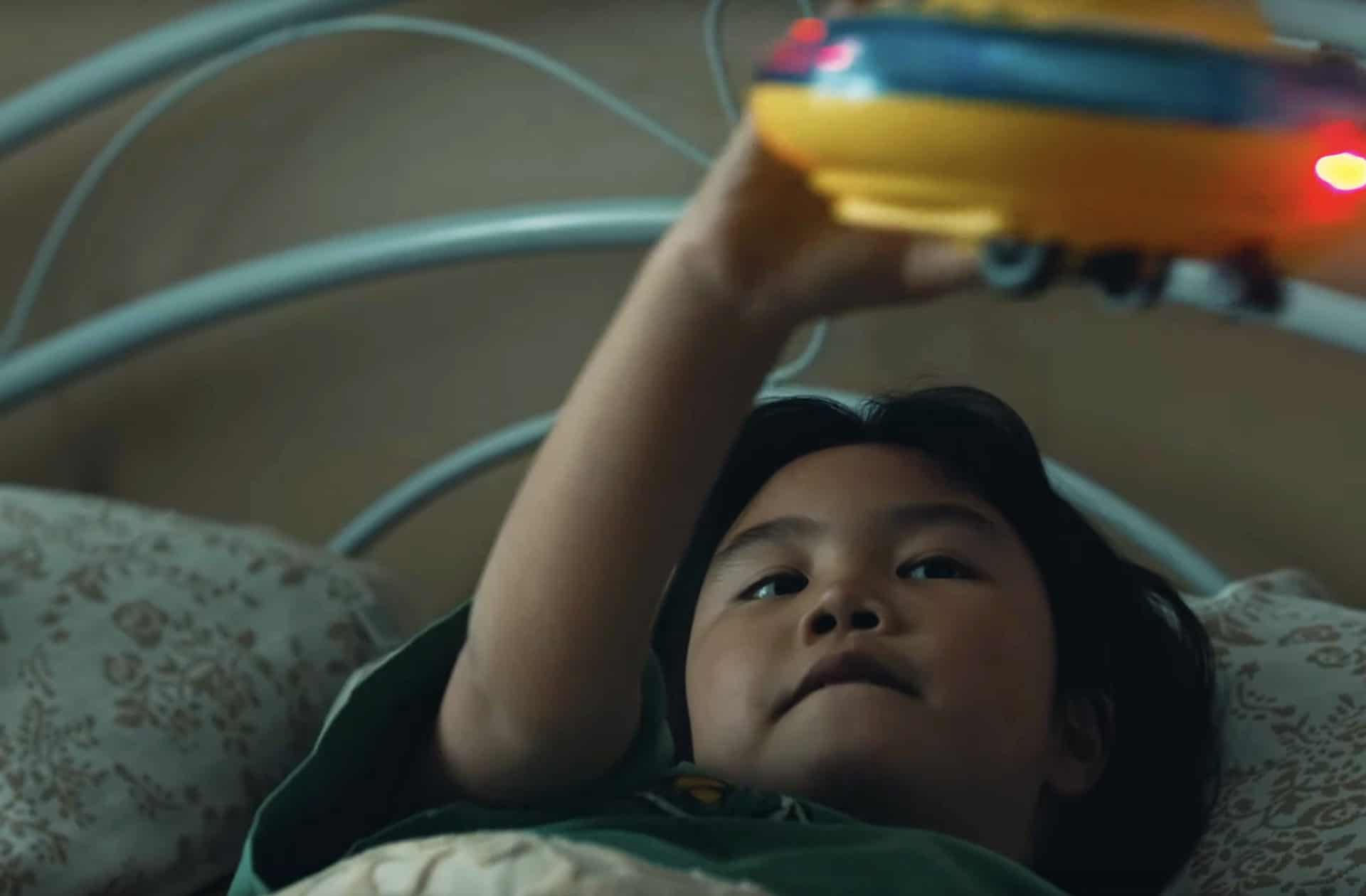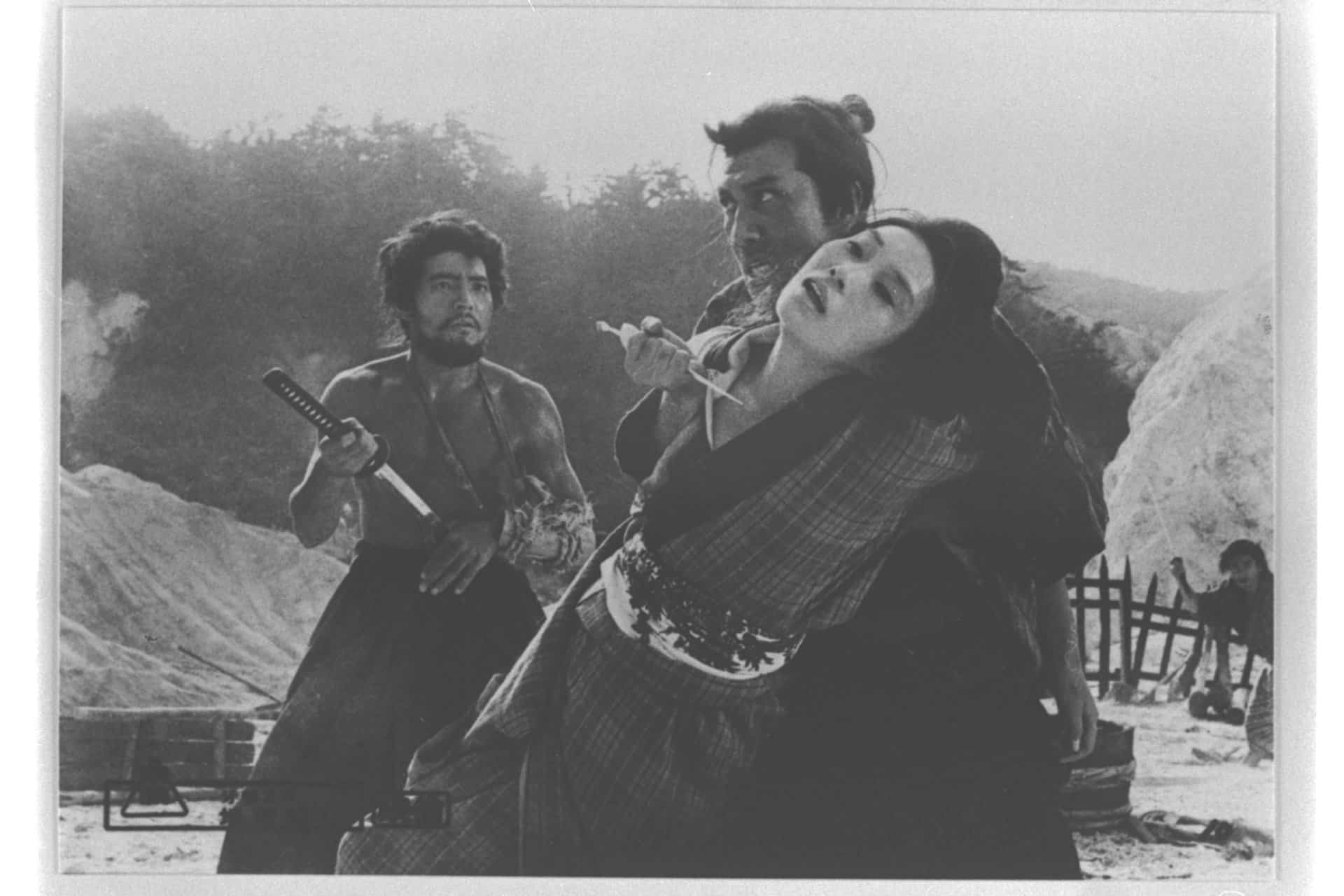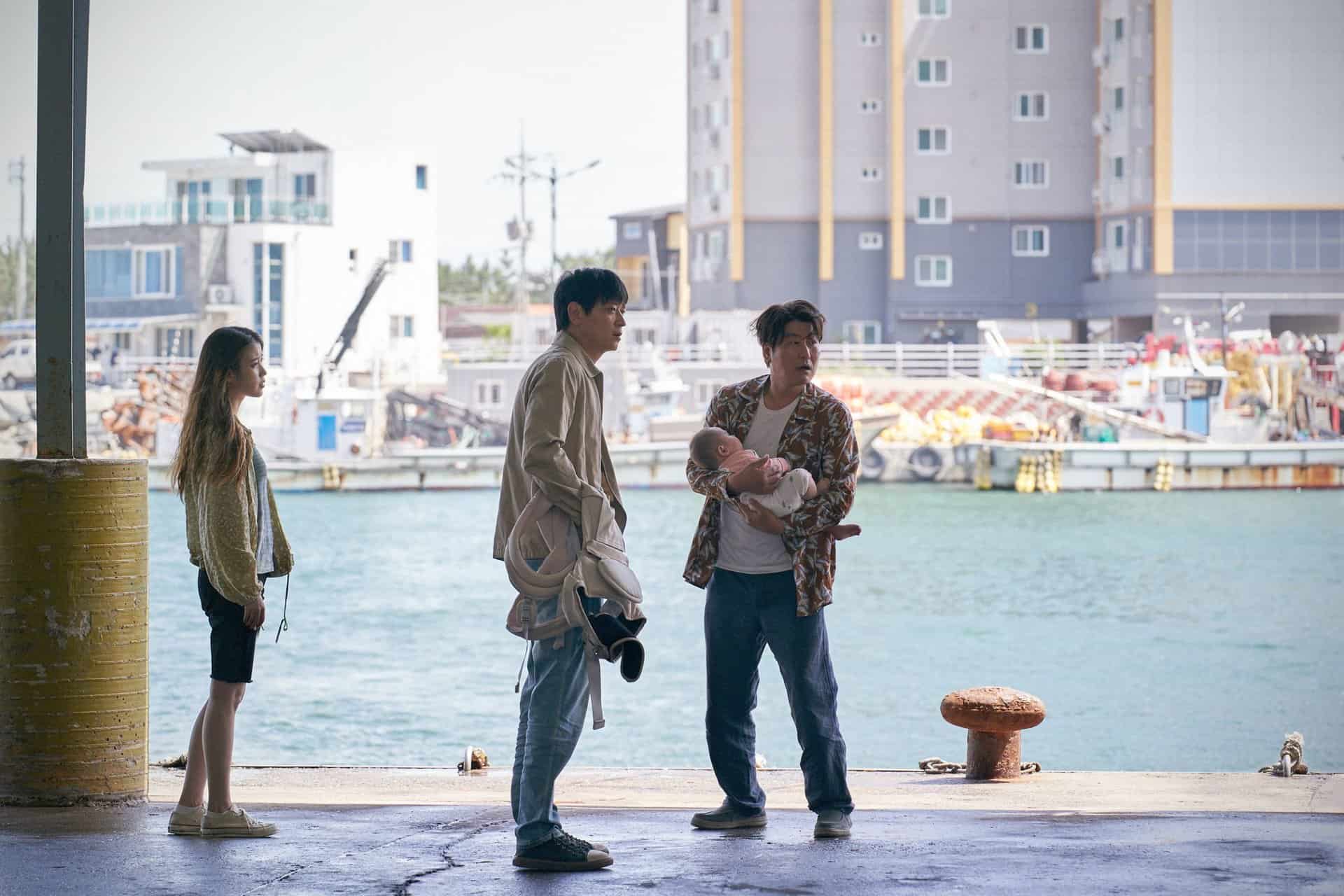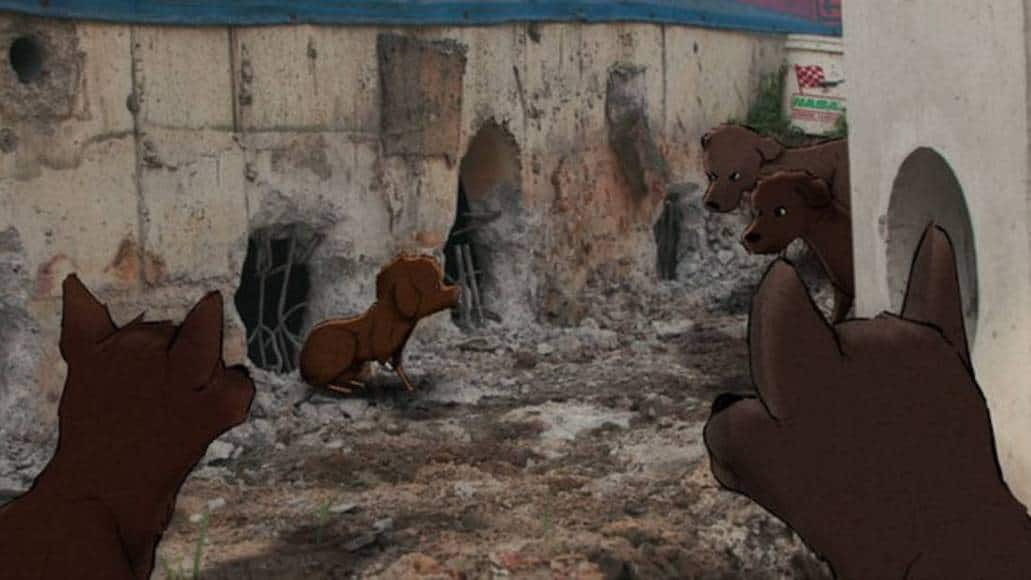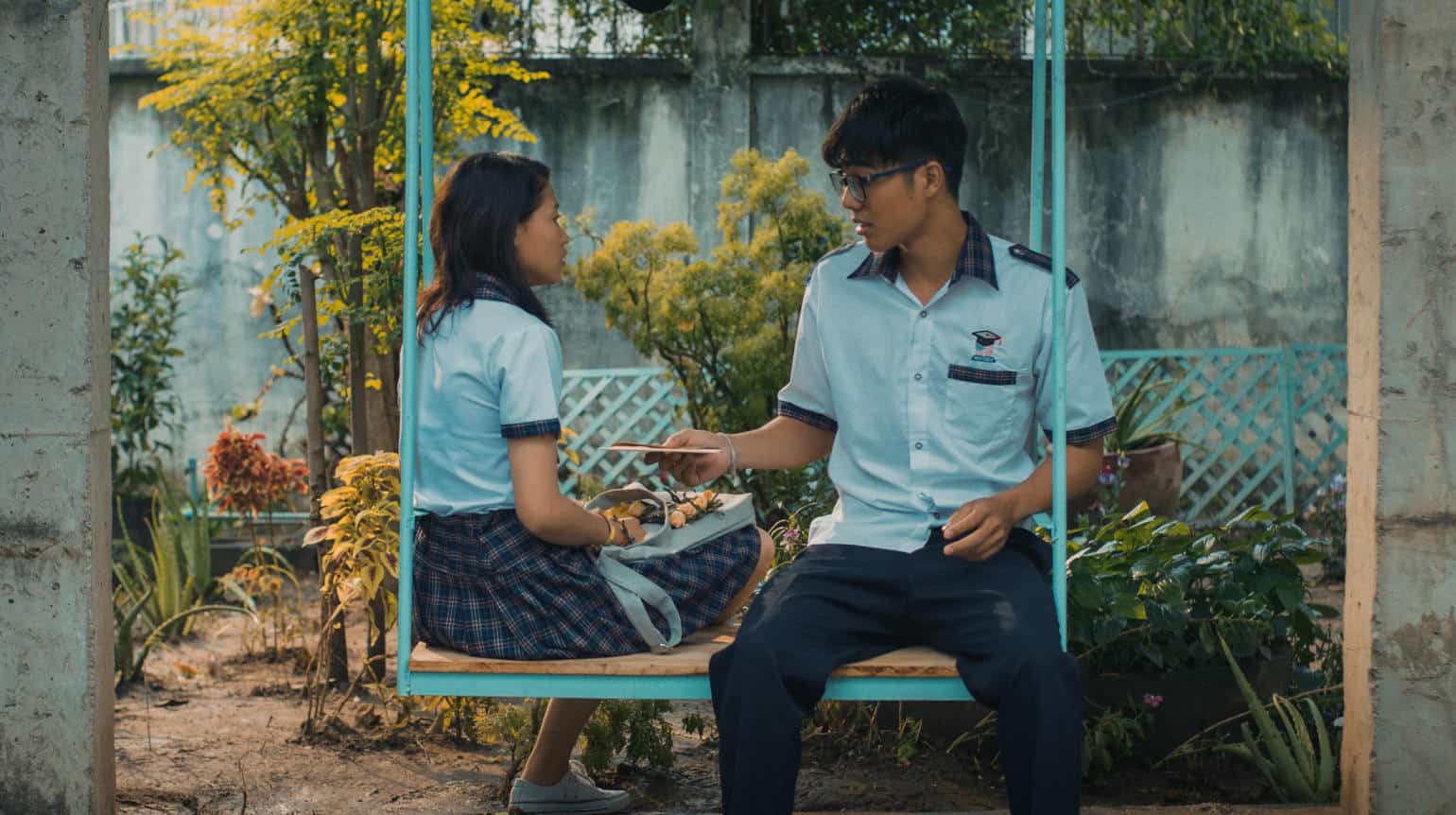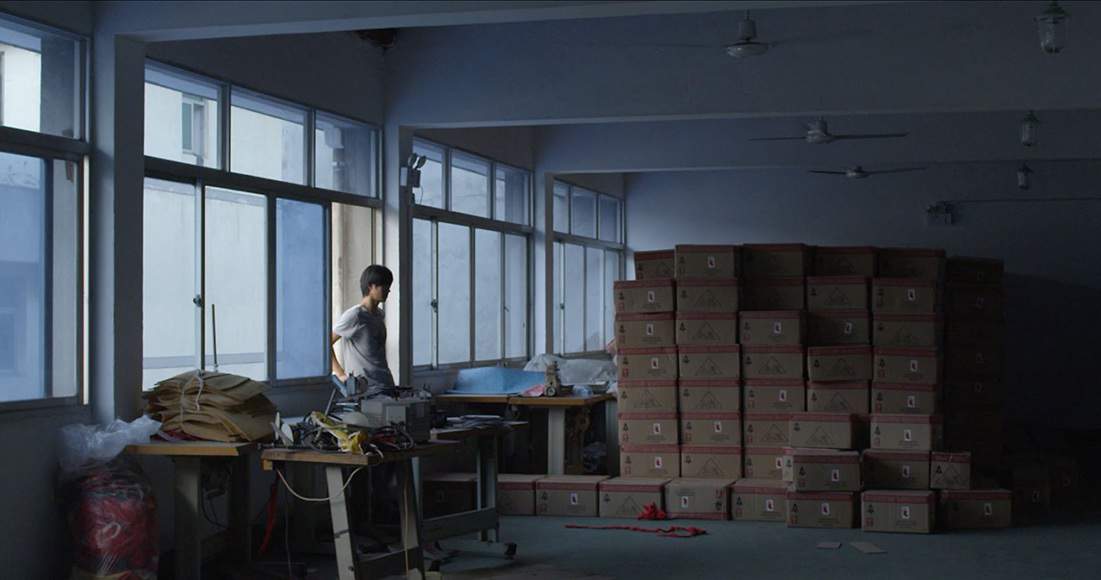“There are so many dreams. So many.”
Describing the feeling of being young, or what it means to be young has been the source of many works of art, the inspiration for many nostalgic episodes when talking with friends, a moment in our lives captured in amber and old pictures. Paradoxically, even though one knows the feeling, the fact its definition is subject to change makes it also one of the most challenging topics one can think of. Everyone knows the kind of novel or film about young people using words which have been put in their mouths by someone obviously out of touch, with what it means to be young. At the same time, culture is one of the most important keys for many young people to find access to the world, to understand themselves and those around them.
In general, one could say the almost obligatory curiosity of young people is the most ideal approach for any artist, no matter what medium he or she uses to express his/her vision. For filmmakers such as Thai director Nontawat Numbenchapol, young people are perhaps the most important people for his features, even though he is quick to admit most young Thai probably have never heard of his previous features “By the River” and “Boundary”. Similar to his approach for these projects, “#BKKY” started off as a way of getting to know Thai teenagers and their views on subjects such as school, sex and relationships. In 100 interviews, Numbenchapol created a narrative structure mixed with bits and pieces of the recorded interviews.
Jojo (Ploiyukhon Rojanakatanyoo) is a 17-year-old high school student in her final years of school during which she has to decide what to do with her life. However, more important than her studies is life after school, especially the blossoming relationship with Q (Anongnart Yusananda) which becomes more and more serious. Satisfied his daughter is not dating any boys, her father (Kittipol Kesmanee) allows the relationship to continue believing it is merely a close friendship between two girls.
However, as Jojo meet Jeff (Jeff Watson Kiamontri) and his friend Jasper (Jasper Kesavatana Dohrs), she begins to question her relationship with Q. At the same time, tensions rise between her and her father.

Generally speaking, “#BKKY” does not tell a particularly innovative or new story, quite the opposite. Both parts of the film – the interviews and the story of Jojo – revolve around the topics of a more or less typical movie about young people: the changing tides of relationships, teenage angst and sexual identity. However, one should not underestimate the kind of film Numbenchapol and his team have created with “#BKKY,” which is nothing less than one of the most observant features about being young in an ever-changing, highly technologized society. Especially technology, as the director points out in an interview about the film, has created the possibility to deal with many of the fears regarding relationships and sexuality, resulting in a new definition of the individual itself.
Perhaps this approach is best illustrated by taking a look at the opening scene of the film. In a scene shot from underneath a school desk, Abhichon Rattanabhayon's camera shows the first tentative flirtations between Q and Jojo, their clumsy first words, the giggling and even a game of “footsies” resulting in Q's question if she wants to be her girlfriend. Nevertheless, as the slate becomes visible and we hear the first direction from behind the camera, we are thrown aback, we become aware of the construct in front of our eyes. As Jojo's story progresses, we realize she is, as well as the other characters, a combination of the statements of the interviewees, a blend of their views and attitudes.
In comparison to “Boundary” and “By the River“, Numbenchapol's third is much more accessible, but also demonstrates the director's growing confidence with the medium, especially when it comes to combining the documentary with the fictionalized story. While his first features – despite their “objective” approach as the director defines it – deal with highly political and social issues, the stories of the young people display a more universal narrative. At the same time, they show a certain amount of distance between the establishment and their world, which the director highlights in both parts of his film. Even though their rebellion may be silent in parts, their ideology could not be further apart, for example, when they seem oblivious to the national anthem played in the park or the kitschy nationalist tunes played on the radio. At the same time, they utter the dream of creating a more perfect escape without the omnipresent oppression by parental expectation and social judgment, all of which they have long abandoned in their circles thanks to Instant Messaging and mobile devices.
The world of the young expands far beyond the frame of the camera. A drone shot following Jojo and friends meeting in the park defines the ever-growing world in which they move. Additionally, labels like “gender” or “sexuality” are constantly in flux, creating a world which is both big and scary at the same time, since the problems are still present and have to be faced eventually. But then again, this is what being young is about. And with the pop songs telling the old/new tales about lost and found love, the feeling grows one is part of a much larger narration taking place, a pattern which extends from the past to the present and will likely continue in the future. Only the faces and the gadgets will change.
 “#BKKY” is an interesting blend of documentary and fiction about being young today. Numbenchapol fully embraces the naivety of the story and his interviewees, takes them seriously and thus creates a funny, touching, often fascinating portrayal of young people. In the end, these people may be flawed, may succeed or fail, may listen to corny pop songs, but the way they define their world will ultimately change ours. And there is a good chance it might be for the better.
“#BKKY” is an interesting blend of documentary and fiction about being young today. Numbenchapol fully embraces the naivety of the story and his interviewees, takes them seriously and thus creates a funny, touching, often fascinating portrayal of young people. In the end, these people may be flawed, may succeed or fail, may listen to corny pop songs, but the way they define their world will ultimately change ours. And there is a good chance it might be for the better.
Sources:
1) Piyanan, Gail (2017) Q&A with Nontawat Numbenchapol
https://www.timeout.com/bangkok/movies/q-a-with-nontawat-numbenchapol, last accessed on: 09/16/2018
2) Valentine, Ben (2017) A Film Mixes Fact and Fiction to Illuminate the Lives of Queer Teens in Bangkok
https://hyperallergic.com/366368/a-film-mixes-fact-and-fiction-to-illuminate-the-lives-of-queer-teens-in-bangkok/, last accessed on: 09/16/2018
3) Linnarz, Rouven (2018) Interview with Nontawat Numbenchapol
https://asianmoviepulse.com/2018/09/interview-with-nontawat-numbenchapol-every-time-i-make-a-documentary-i-learn-something-new-about-people-about-places-or-about-history/, last accessed on: 09/16/2018


